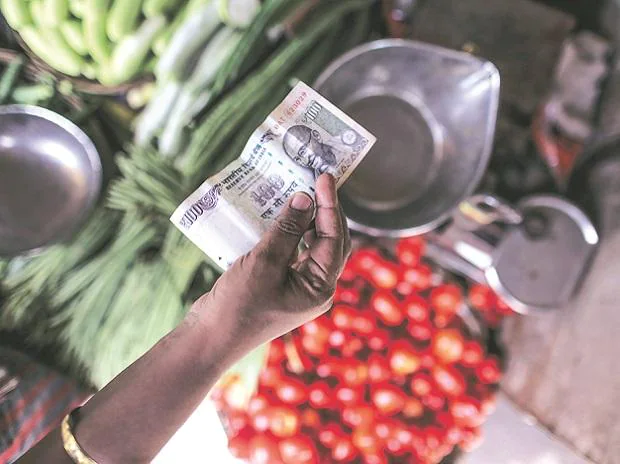Covid and the Ukraine war have created high inflation and recessionary trends with political consequences across the globe. Inflation of 13.7% facilitate Imran Khan’s ouster in Pakistan. An 18% inflation rate may oust Gotabaya Rajapaksa in Sri Lanka. Many African and Latin American countries are staring down an abyss.
India is better placed than most with ample forex reserves of $640 billion, ample food stocks of 90 million tonnes, and an acceptable though rising trade deficit. Its consumer price inflation at 7% exceeds the RBI target of 6% but is modest compared with the carnage elsewhere. However, resurgent Covid in China has forced lockdowns and slowed the world’s main growth engine. The Ukraine war may grind on and on. This could exacerbate inflation and slowdowns, and eventually spark a panicky exodus of global investors from all emerging markets.
India faces political as well as economic consequences. The Modi government in New Delhi is in no danger. But the BJP may become vulnerable in the state elections in Gujarat and Himachal Pradesh in December.
The BJP’s victory in Uttar Pradesh and three other states in the elections last February appeared to have smashed anti-incumbency and made the party unbeatable till at least the 2024 general election. That may not be true if the war drags on.
During the February elections, India’s GDP growth was galloping at 9.5%, with the IMF predicting further 9% growth in 2022-23. After the Ukraine war, analysts have downgraded their estimates for both years. The longer the war lasts, the more growth will suffer. Today most analysts predict “stagflation”— a mix of slow growth and inflation. But if the war continues six months, outright recession can ensue.
When economies slow down, governments and central banks typically respond with easy fiscal and monetary policy. They tackled Covid with huge fiscal deficits and cheap central bank money. Interest rates plummeted. For almost a decade, politicians have come to believe they can stimulate their economies with high fiscal deficits and central bank injections of money without causing inflation. However, the chickens are coming home to roost. World inflation was rising fast even before the war. It has risen faster since, especially for food and fuels.
A recession caused by lack of demand can be combated by fiscal deficits and easy money to increase purchasing power. But if inflation is caused by supply shortages, higher deficits will send prices even higher without reviving growth. Right now, supply shortages were induced first by US sanctions on China, then shutdowns in major Chinese cities because of resurgent Covid, then by US sanctions against Russia, war-induced disruption of Black Sea trade, and agricultural production in war-hit Ukraine.
Central banks everywhere now view inflation control as more important than stimulating growth. The US Fed has given notice of several sharp increases in interest rate, and with jumps of 0.5% at a time instead of the usual 0.25%. Excessive tightening carries the risk of creating an outright recession, hitting the whole world.
The RBI has long stressed growth over inflation control but has now reversed course. Interest rates are going to rise substantially, discouraging business and dampening demand for loan-sensitive sectors like housing and consumer durables.
These trends were absent in the run up to last February’s tate elections. Oil prices had started rising in January, but the government forced the oil companies to postpone price increases till the elections were over. Free food rations of 25 kgs per family for Covid victims continued. This, along with normal PDS rations at one to three rupees per kg, meant that food and fuel inflation for the common man was tamed during the February elections.
Since then, oil and food prices have risen substantially and could rise much further. A long war will push up oil from $105/barrel towards $130/barrel. The budget assumed a sharp fall in the food subsidy with the return of rations to normal. Will that happen?
I predict the BJP will continue with free rations and fresh price controls on petroleum products till December to improve its prospects in the state elections. But will that be enough?
In Gujarat, the BJP has already won six elections in a row. Winning a seventh time will be a Herculean feat. In the 2017 state election, the BJP tally came down to 99 out of 182 seats (increased to 112 after the 2021 bypolls.) A loss of just a few more seats this time could oust it from power. Aware of the danger, Modi sacked the chief minister and entire cabinet in September 2021, hoping that new faces would reduce anti-incumbency.
I was among those who thought that would do the trick. But if the war in Ukraine continues, things might get bumpy.
This article was originally published in The Times of India on April 16, 2022.


